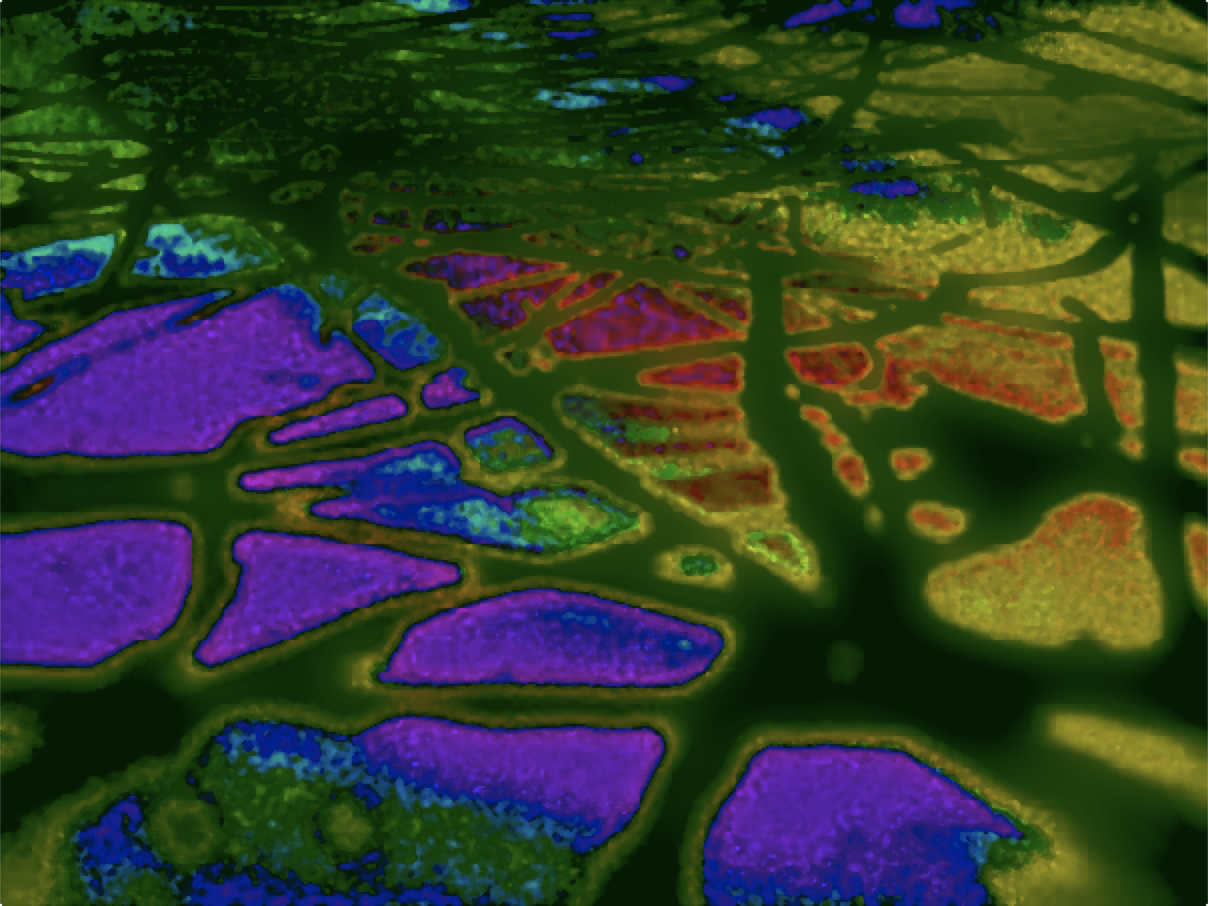The MID Analysis is a complex tool, and, although the Interpretive Manual is extensively explanatory, it can take time and practice to learn the nuances and levels of interpretation possible in using the MID.
Two of the authors of the MID Interpretive Manual, 3rd Edition, offer reasonably priced consultation on the intricacies of using the MID Analysis, as well as interpreting and integrating into clinical practice the results you’ll find in The MID Report, The Extended MID Report, and the MID Line/Bar Graphs. See below for background information for each of them before deciding whom to contact.
D. Michael Coy is a Licensed Independent Clinical Social Worker in private practice in Seattle, Washington. Michael has handled the overhauls of the MID Analysis since the upgrade from v3.8 to v4.0, and collaborated with Jennifer Madere and MID developer Paul Dell, PhD (who, along with Eli Somer, PhD, developer of the Hebrew MID, generously served as editor) on expanding the original Mini-Manual into the full Interpretive Manual available elsewhere on this site. Michael has offered consultation on the use of the MID since 2015.
Michael has served clients in a variety of settings over the past thirteen years, working with homeless persons; severely abused and neglected youth and HIV+ adults in different residential treatment facilities; children, adolescents, adults, and older adults in an inpatient psychiatric facility; adults with mental health disabilities in a psychiatric nursing home; and LGBTQ adults in recovery in a community health center substance use treatment program, prior to moving into full-time private practice in 2013.
Michael’s foundational learning was in psychodynamic theory. In 2011, he trained in EMDR therapy through the EMDR Institute; he has been an EMDRIA Approved Consultant in EMDR therapy since 2015. Michael also has intermediate training in clinical hypnosis (via the American Society of Clinical Hypnosis), Ego State Therapy, and Sensorimotor Psychotherapy (Level I).
Michael’s clinical practice focuses on working with people across the dissociative spectrum dealing with interwoven issues such as addictions, compulsions, and self-harming behaviors. Additionally, Michael employs an integrative treatment model to address pre-verbal and early attachment trauma in a brief intensive format.
Michael has co-presented with Jennifer Madere on the MID and its applications to clinical practice at EMDRIA AC 2017, ISSTD AC 2018 and 2019, EMDR Canada 2018, and ISSTD’s 2019 Regional Conference in New Zealand, and has presented on his own for various groups throughout the US. Michael presented at ISSTD’s 2016 Annual Conference, along with Ulrich Lanius, PhD, and Sandra Paulsen, PhD, on the assessment and treatment of dissociative disorders. He has served as guest lecturer on EMDR therapy in 2014 and 2015 in University of Illinois at Chicago’s social work program, and presented on EMDR therapy for the Washington State Society for Clinical Social Work in 2017.
Michael served as a member of the Board of Directors of the International Society for the Study of Trauma and Dissociation (ISSTD) for what was intended to be a three-year term starting in 2017. In 2018, however, Michael was appointed as Treasurer and was elected to that position for 2019 – 2021. Michael was named a Fellow of ISSTD in 2019. Additionally, Michael created and co-chaired the ISSTD EMDR therapy training task group, which developed ISSTD’s EMDR therapy training.
Michael previously served as a member of EMDRIA’s Standards & Training Committee from 2014 to 2017, and in 2020 was appointed to the EMDR Council of Scholars Future of EMDR Therapy Project, serving on the clinical practice working group.
Jennifer Madere is a Licensed Professional Counselor Supervisor in private practice, and founding partner of Intuitus Group Counseling Clinic, PLLC & Independent Professionals in Cedar Park, Texas.
Having worked with child and adult survivors of trauma on their journey of healing since 2003, she worked in residential treatment, shelter, hotline, and community mental health settings before beginning private practice in 2008. As she better understood the needs of her clients, Jennifer completed EMDR therapy training in 2010, and attended the ISSTD Annual Conference for the first time in 2012.
Within her therapy and consultation practice, Jennifer began to see a need for more consistent and thorough assessment of trauma-related symptoms and client history to inform safe and effective treatment. This led to her gathering data to compare ACES (Adverse Childhood Experiences Scale) and DES (Dissociative Experience Scale) scores, and presenting these findings at the EMDRIA Annual Conference in 2014.
Concurrently, Jennifer began using the MID in her therapy and consultation practice and teaching other clinicians to recognize and assess symptoms of pathological dissociation. From 2014-2019, Jennifer presented a workshop entitled Assessing Complex Trauma and Dissociative Disorders for EMDR Clinicians: What to do after the DES within Weekend 2 of EMDR therapy trainings offered by EMDRIA approved trainer, Rick Levinson, LCSW.
Increasingly aware of the need and appreciation for the MID by clinicians utilizing EMDR therapy, Jennifer sought and obtained permission from Paul Dell to present on the MID during the EMDRIA Annual Conference in 2015. Upon meeting D. Michael Coy immediately following that presentation, Jennifer and Michael began collaborating with Paul Dell on the writing of the 2nd Edition of the Interpretive Manual and updating the MID Analysis, initially presented in 2017 at the EMDRIA Annual Conference in Bellevue, WA. Jennifer and Michael have continued to update the MID materials and have presented internationally on the MID and related therapeutic interventions.


